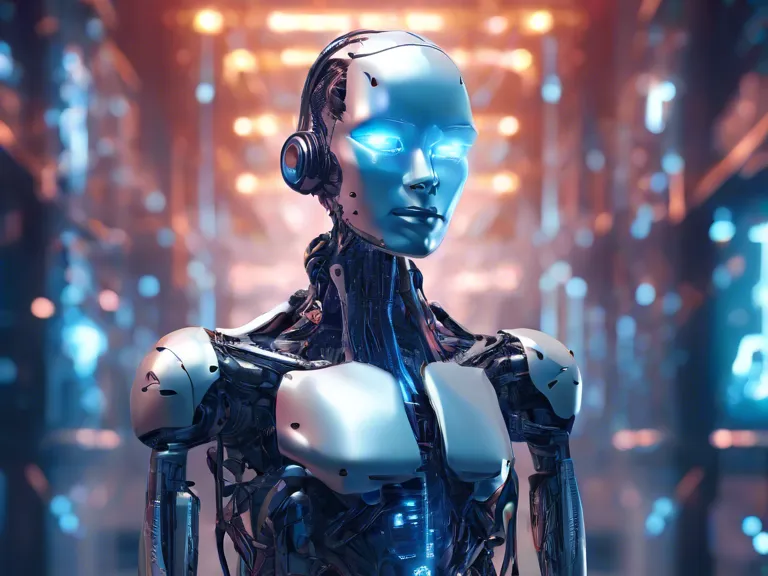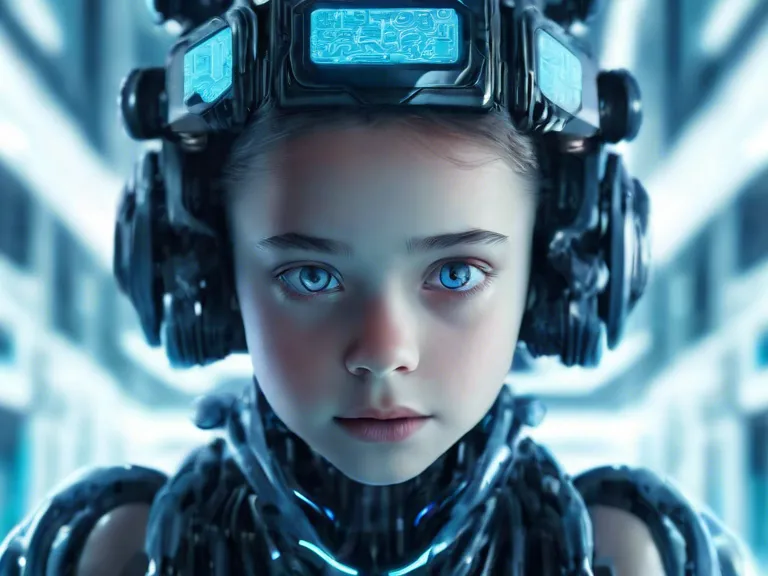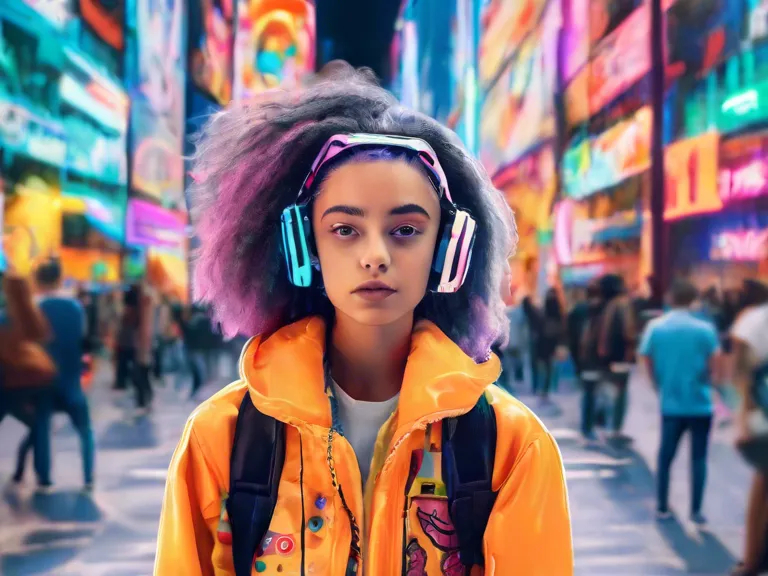
The advancements in artificial intelligence (AI) have brought about both excitement and ethical concerns. Gen-Z, the generation born between 1997 and 2012, is growing up in a world where AI is becoming more prevalent in various aspects of society. As they navigate this new digital landscape, what do members of Gen-Z think about the future of AI and its ethical implications?
AI has the potential to revolutionize industries, streamline processes, and enhance our daily lives. From virtual assistants like Siri and Alexa to self-driving cars and predictive algorithms, AI is changing the way we interact with technology. However, with great power comes great responsibility, and many Gen-Z individuals are aware of the ethical dilemmas that AI poses.
Privacy concerns, bias in algorithms, job displacement, and the potential for misuse are some of the key ethical issues surrounding AI. Gen-Z is particularly attuned to issues of social justice and equality, and they are quick to question how AI technologies may perpetuate existing biases or create new forms of discrimination.
While some are optimistic about the possibilities of AI to solve complex problems and improve quality of life, others are wary of the risks associated with AI development. As digital natives, Gen-Z has a unique perspective on the role of technology in society and are more likely to question the status quo.
Ultimately, the future of AI will be shaped by how we address these ethical issues and concerns. It is essential for Gen-Z to be engaged in these discussions and advocate for responsible AI development that prioritizes transparency, accountability, and fairness.


